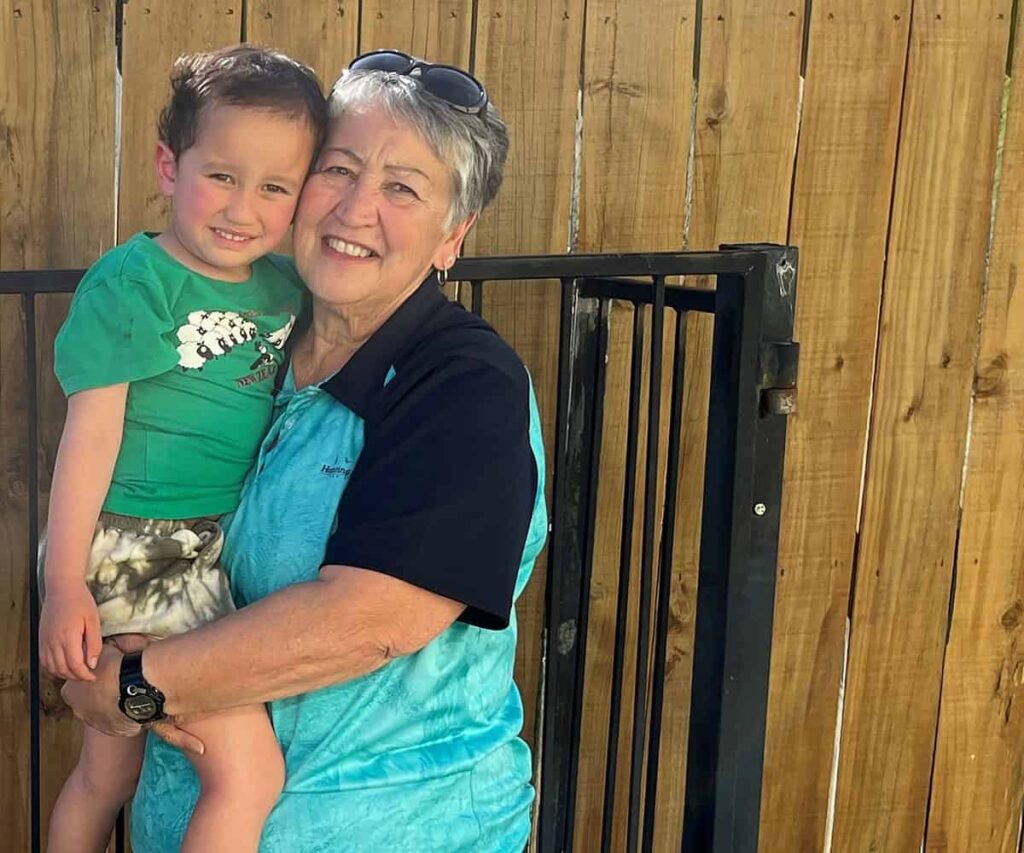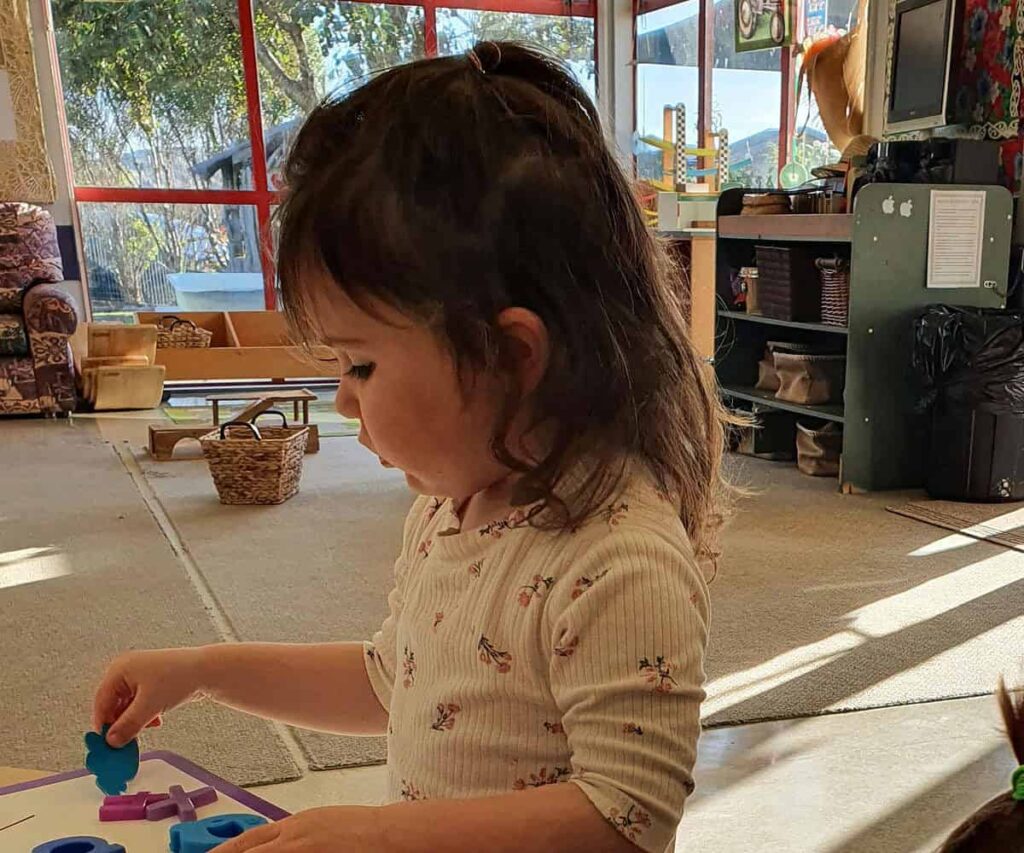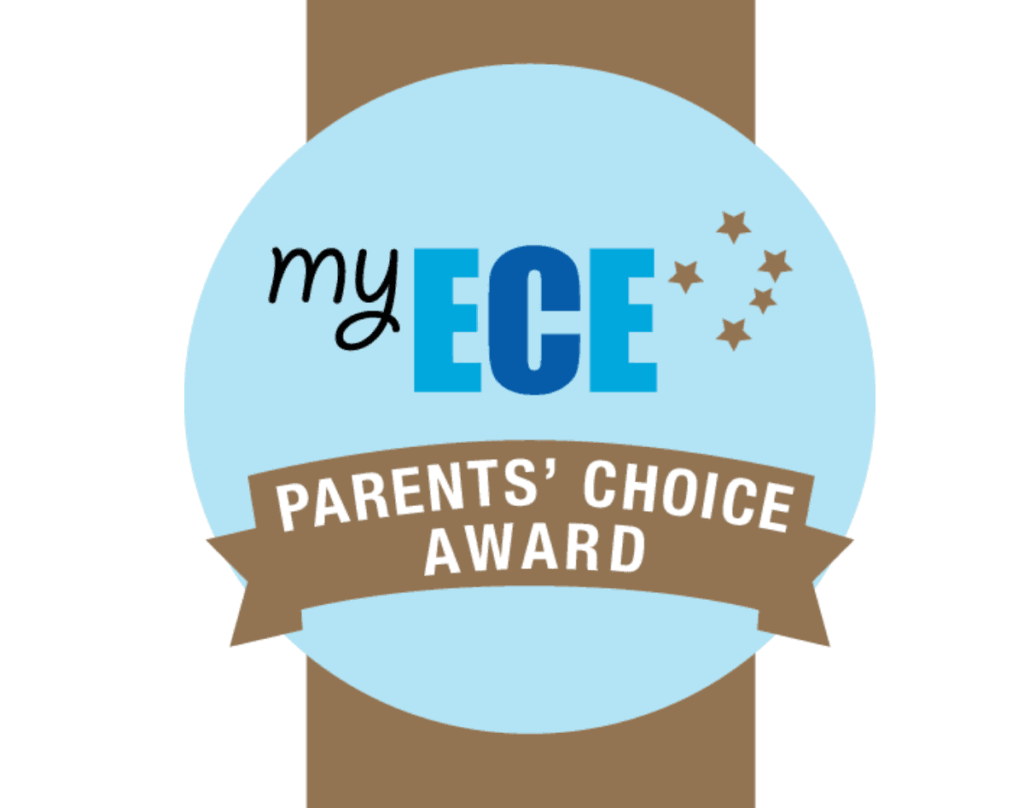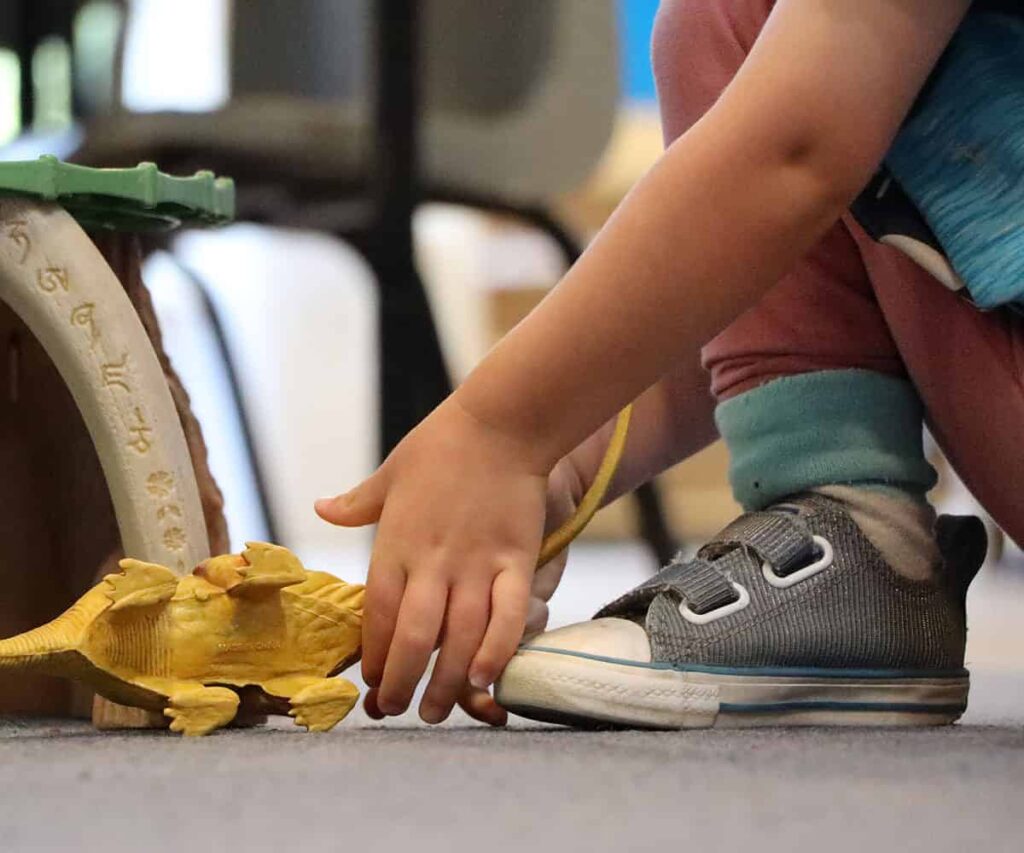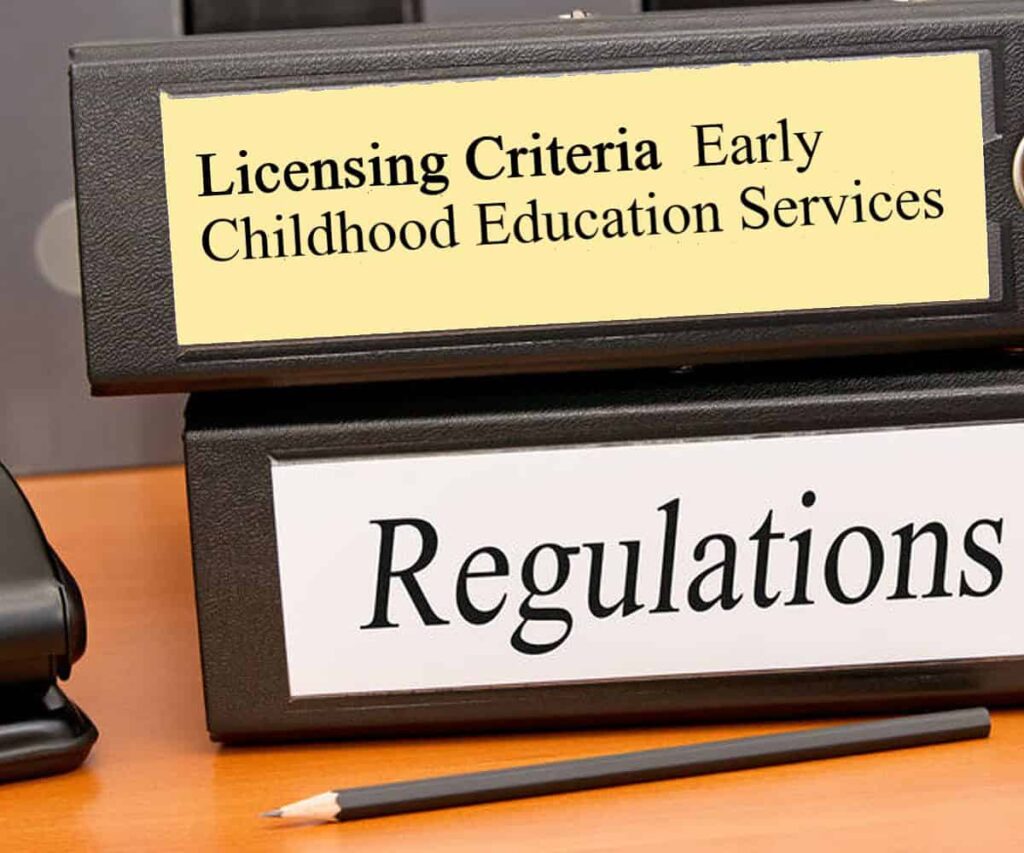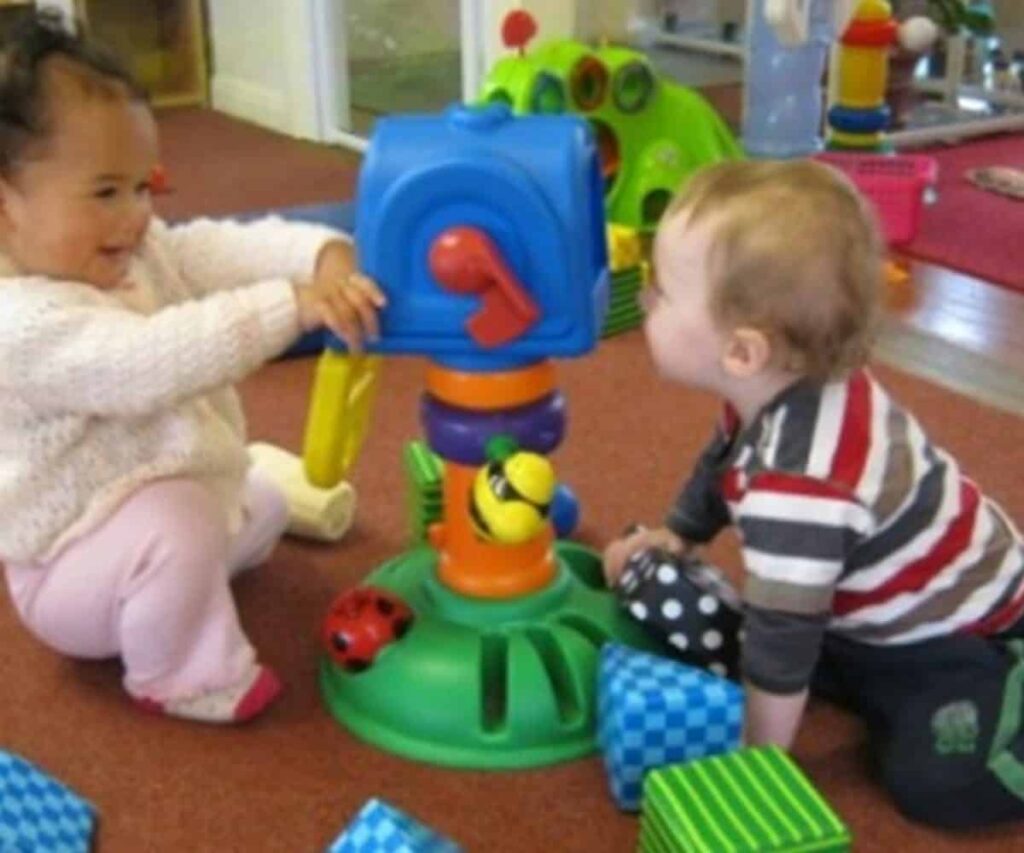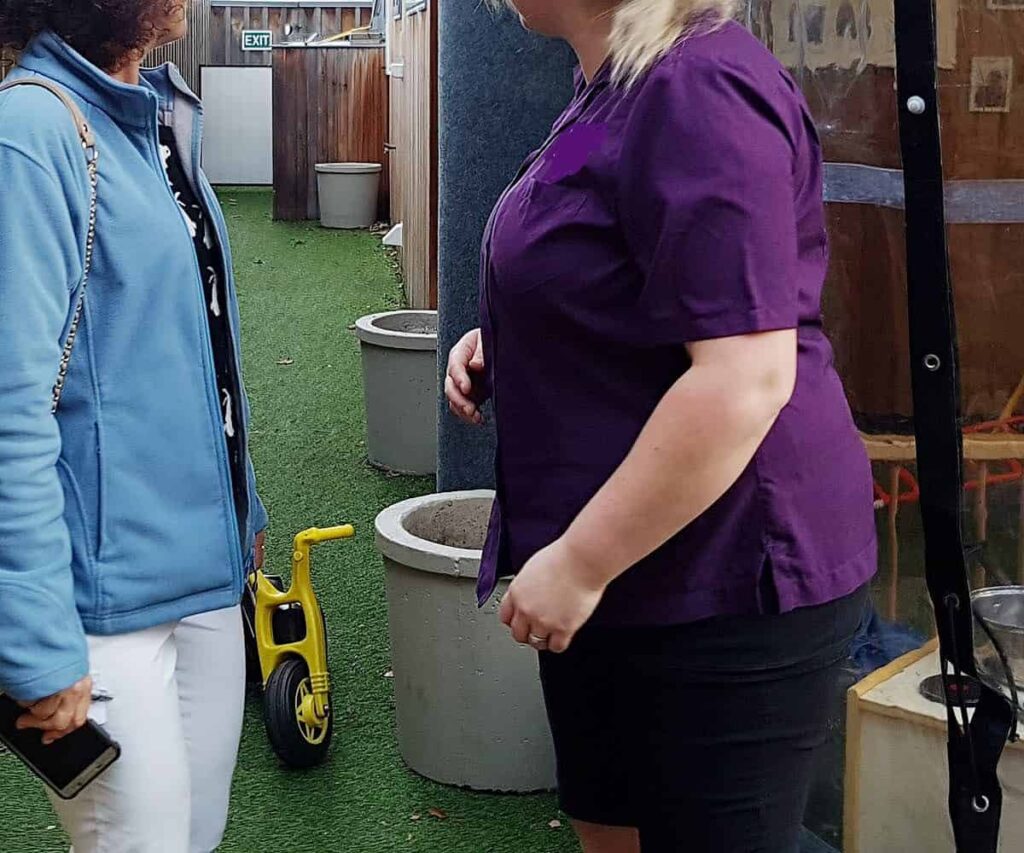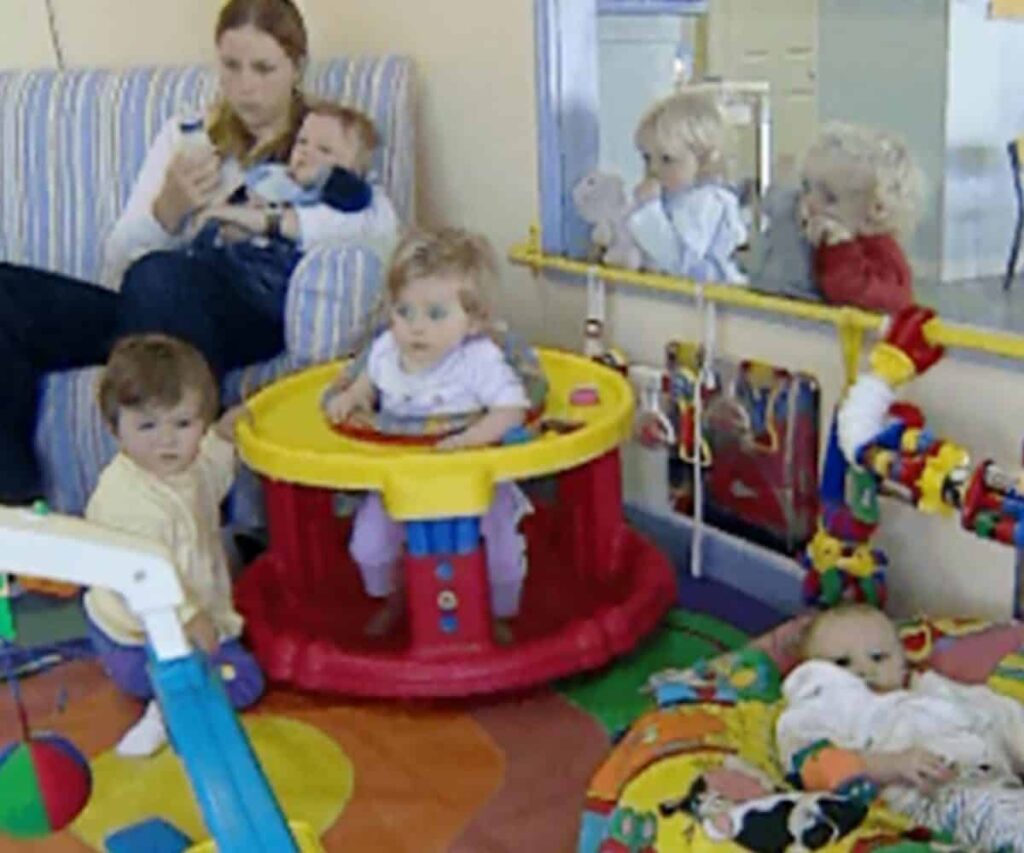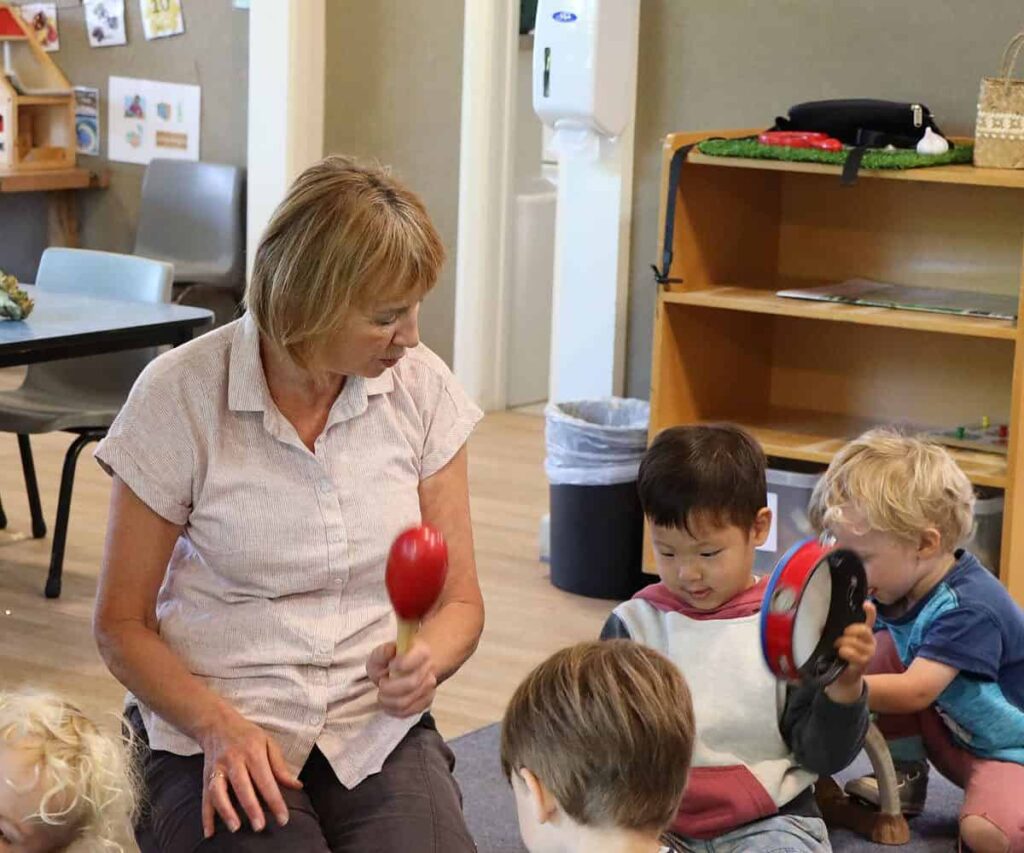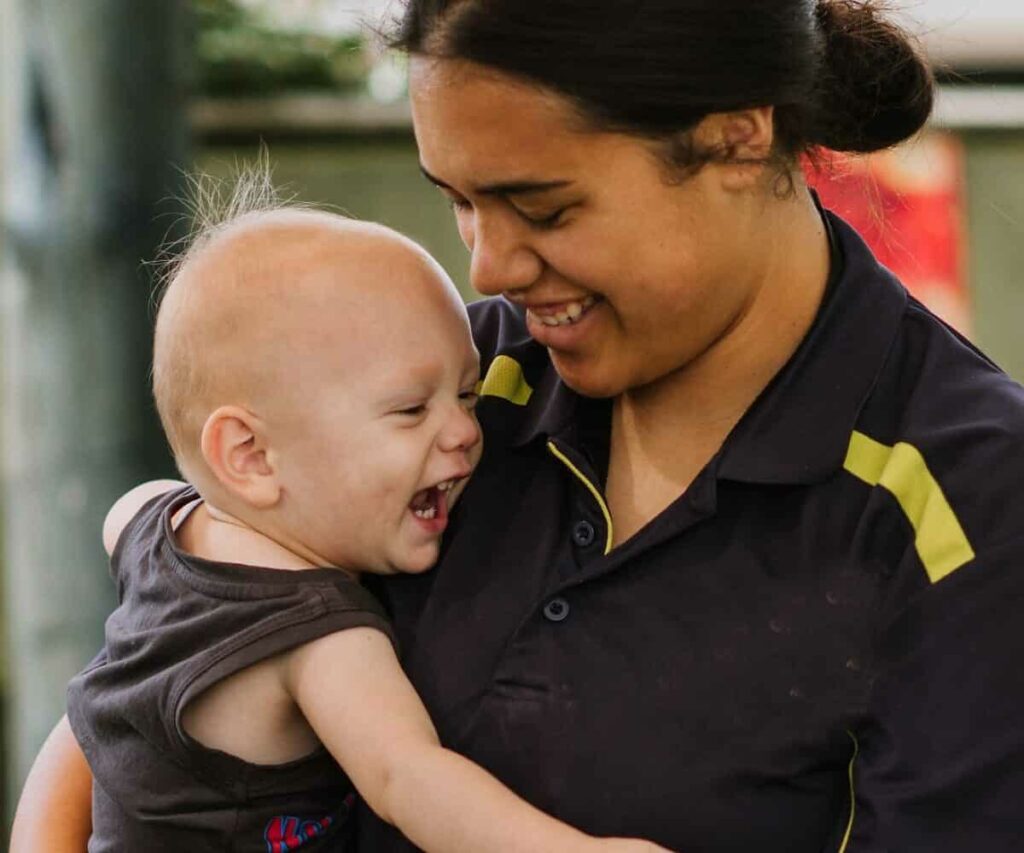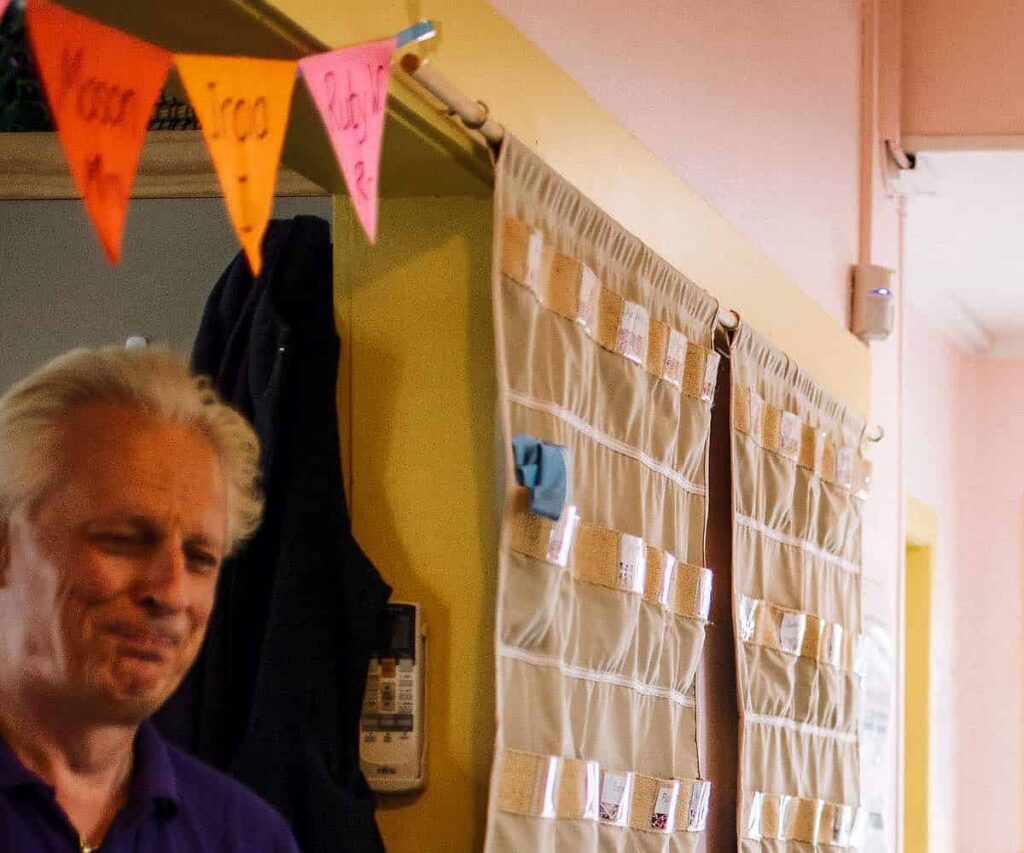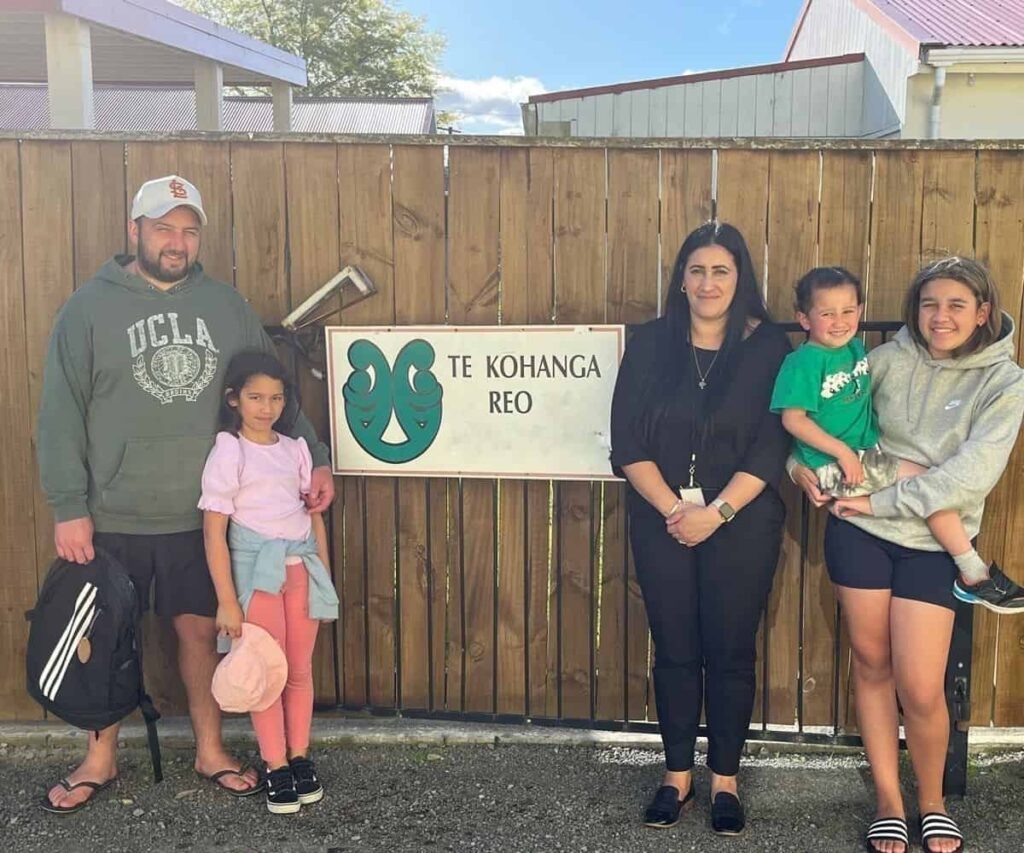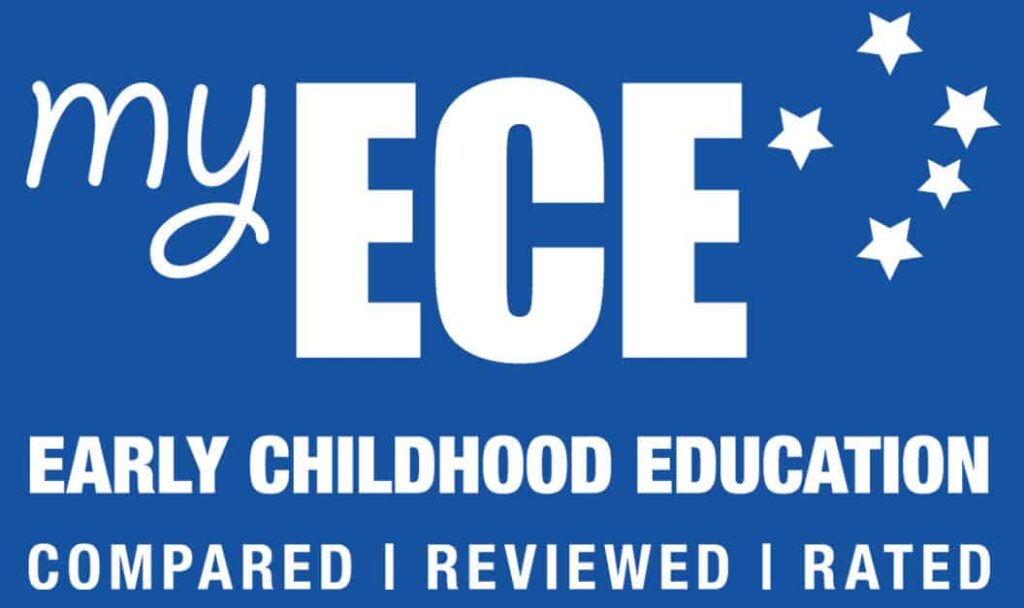Home-based services are government funded organisations licensed with the Ministry of Education.
There are many differently operated home-based ECE services. Some are run by franchises and operate nation-wide, some are run by charitable trusts or community organisations such as Barnardos, and others may be run by an individual or small private company.
The ‘co-ordinator’ is the person who holds responsibility for the management of the licence and ensuring regulations and standards for children’s care and education are met.
The ‘visiting teacher’ is an early childhood education trained and qualified teacher who visits homes and oversees the work of the educator or nanny. The visiting teacher is the main point of contact for families should they have a concern about their child’s educator or nanny or want to make any changes in arrangements.
The ‘educator’ is the person who provides the hands-on care for a child or children in their home or is a ‘nanny‘ in the child’s own family home.
Matching Families with an Educator or Nanny
In home-based services there is no one size fits all approach. Quality home-based services pride themselves on their personal service, where meeting family needs is paramount.
Some services do this by carefully listening to the parent’s requirements and then matching them with an available educator or nanny.
If the family and educator have similar values and can communicate easily (including speaking the same language) then that is a good starting point to build a professional relationship.
Trust
Parents need to have confidence in their home educator, that their educator will put the needs of their child and any other child to the fore.
The co-ordinator and visiting teacher must know the educators well and feel assured that the educators will always put the interests of the children first.
Educators need to have trust in the visiting teacher that the visiting teacher will help if there is a crisis during their working day or be available to step in and care for other children while they for example rush one of the children to the doctors.
Visting teachers must visit the home at least once a month, to provide support and check on each child’s welfare and learning.
Provision of Equipment and Resources
Ideally the home-based service provides toys and books to loan to educators. Services should provide necessary equipment when the home does not have this – such as car seats and cots.
Educators should feel able to ask for equipment and resources from the visiting teacher.
Parent Involvement in Home-based ECE
Parents should feel welcome and comfortable within the home of the educator. They should be supported to stay and to visit anytime during the hours that their child is booked to attend.
A Parent Survey should be offered to families so they have opportunity to give confidential feedback to the service on its quality and their experiences of it.
The visiting teacher should organise regular meetings with the educator and a child’s parents to discuss the child’s learning and education and care plan.
Picking the Right People to be Involved in Your Child’s Life
Educators
- Services have their own list of key attributes that make a good educator. You could ask the service what key attributes they look for in a good educator and consider how well this matches your expectations for the kind of person you want to care for your child.
- You can ask to see the statistics the service keeps on the numbers of people who apply to work as educators and whether and why they are successful or not – this will let you know if the service is picky and picks only the best people to be educators.
- Educators need to be passionate about the education and care of young children. They need to understand the differences in the roles of a parent and educator. They need to be willing to learn and understand that every child is different. They must be professional in their practice.
Co-ordinators and Visiting Teachers
- Co-ordinators and visiting teachers need to understand that while each educator is different, and will do things differently, the outcomes for children should be the best they can possibly be.
- Co-ordinators and visiting teachers are the professional leaders of the home-based network and therefore need to display good interpersonal, listening and communication skills.
- Co-ordinators and visiting teachers need to understand that there is a fine line to walk between professional and personal relationships. If this becomes blurred it may be difficult to deal with professional situations, such as the inadequate performance of an educator.
Read more
The benefits of becoming a home-based educator
Home-based ECE and its features as an option available to parents
